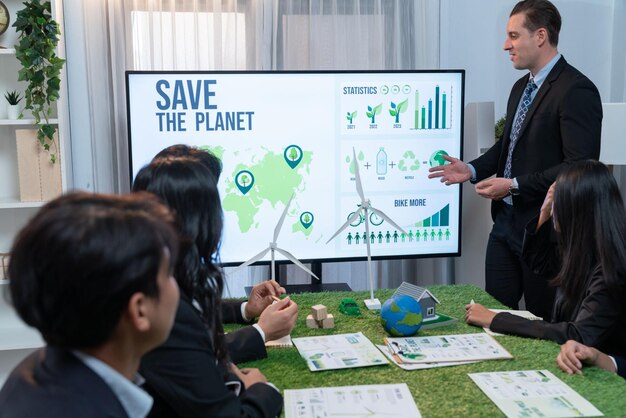As the urgency of addressing global climate change becomes increasingly evident, the need for comprehensive, collaborative solutions has never been greater. In this blog, we outline a roadmap for resolving global climate change, offering a framework for collective action to mitigate greenhouse gas emissions, adapt to the impacts of climate change, and transition towards a sustainable, low-carbon future.
- Commit to Ambitious Emissions Reduction Targets:
- Set bold, science-based emissions reduction targets aligned with the goals of the Paris Agreement to limit global warming to well below 2 degrees Celsius above pre-industrial levels, aiming for 1.5 degrees Celsius.
- Implement policies and regulations that incentivize the transition to clean, renewable energy sources such as solar, wind, hydroelectric, and geothermal power, while phasing out fossil fuels and carbon-intensive industries.
- Invest in energy efficiency measures, green infrastructure, and sustainable transportation systems to reduce energy consumption and decarbonize the economy.
- Foster International Cooperation and Solidarity:
- Strengthen multilateral cooperation, international treaties, and global partnerships to address climate change as a collective challenge requiring coordinated action by all nations, regardless of size or level of development.
- Support climate financing mechanisms, technology transfer initiatives, and capacity-building programs to assist developing countries in adapting to climate change impacts, transitioning to low-carbon development pathways, and building resilience to climate-related disasters.
- Honor commitments to the Green Climate Fund, the Adaptation Fund, and other international climate finance mechanisms to ensure adequate resources are available to support climate action in vulnerable communities and countries.
- Promote Sustainable Land Use and Conservation:
- Protect and restore natural ecosystems, including forests, wetlands, mangroves, and grasslands, as vital carbon sinks that absorb and store atmospheric carbon dioxide.
- Implement sustainable agriculture practices, agroforestry systems, and soil carbon sequestration techniques to enhance agricultural productivity, biodiversity, and resilience to climate change while reducing emissions from land use change and deforestation.
- Support indigenous land rights, community-based conservation initiatives, and traditional ecological knowledge systems that promote sustainable land stewardship and foster biodiversity conservation.
- Build Climate Resilience and Adaptation Capacity:
- Invest in climate-resilient infrastructure, early warning systems, and disaster preparedness measures to protect vulnerable communities and critical infrastructure from the impacts of climate-related hazards, including extreme weather events, sea-level rise, and water scarcity.
- Integrate climate adaptation into development planning, poverty reduction strategies, and social protection programs to address the root causes of vulnerability and enhance adaptive capacity at the local, national, and regional levels.
- Promote nature-based solutions, ecosystem-based adaptation approaches, and green infrastructure investments that leverage the adaptive capacity of natural systems to enhance resilience and buffer against climate change impacts.
- Empower Civil Society and Mobilize Public Support:
- Foster climate literacy, public awareness, and education campaigns to build understanding of the science of climate change, its impacts, and the urgency of taking action to address it.
- Mobilize grassroots movements, youth activists, indigenous peoples, and civil society organizations to advocate for ambitious climate policies, hold governments and corporations accountable for their climate commitments, and drive bottom-up change.
- Strengthen democratic governance, citizen participation, and transparency in decision-making processes related to climate policy, ensuring that marginalized communities and stakeholders have a voice in shaping climate solutions and equitable outcomes.
In conclusion, resolving global climate change requires bold leadership, transformative action, and solidarity across borders and generations. By embracing a holistic approach that integrates emissions reductions, adaptation, and sustainable development goals, we can chart a course towards a more resilient, equitable, and sustainable future for all. Now is the time for action. Let us seize this moment and work together to build a world that is fit for future generations to thrive in.
